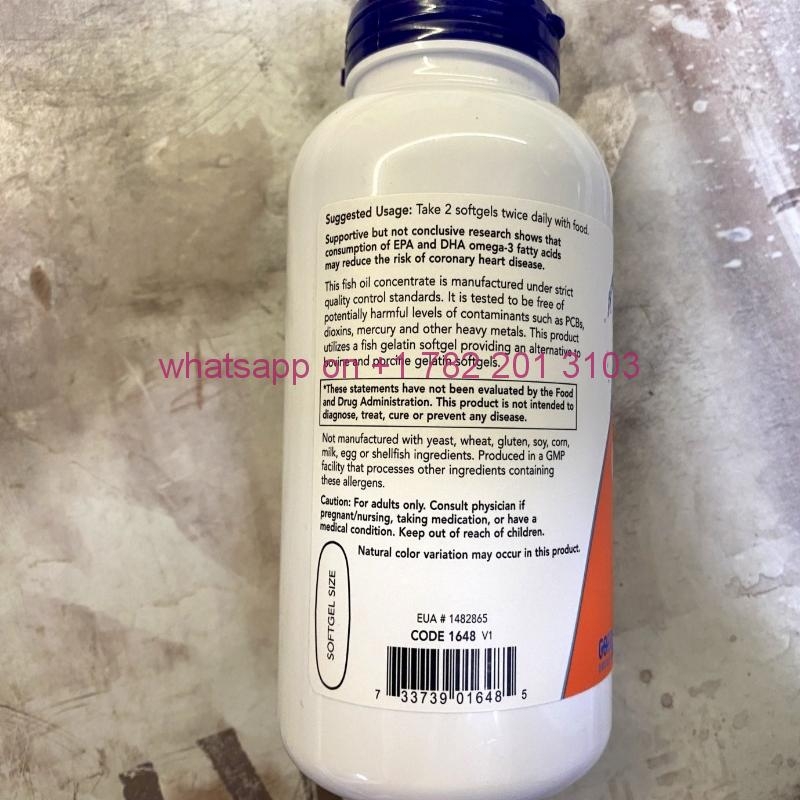Every day we depend on commodities. You can find things like food, energy and metals. Food and gas are two of the most important commodities. The commodity market also includes luxurious products like gold. With this market constantly increasing and thriving, it is possible to reap the rewards. It is sensible for business owners and entrepreneurs to enter the commodity market. Where do you start? How do you achieve success? These 10 commodity market tips will help you succeed, whether you are looking to trade in commodities or to invest in commodities on the stock market.
1. Commodity Trading is among the oldest trades
Our ancestors traded goods prior to the time they had to pay taxes or get benefit from employment. Certain products may not grow in all environments. Therefore trading was utilized to ensure that certain countries could earn money and get the materials they had. These were typically food items and culinary goods like spices, vegetables, or livestock. Certain of these commodities included items of a material nature, such as gold, seashells and natural stones. Eventually, the currency was developed. Our current economy is based on supply-demand principles because of the historical background and the act trading.
2. Non-Professionals Can Participate
Anyone can make a splash in the market for commodities. It is necessary to have some basic knowledge and know-how about commodity markets before you begin to explore. Fortunately, extensive schooling isn't required. A basic understanding of the business and the way professionals earn money. Understanding the pros and con's is the best method to begin. A common issue is the loss of money. Understanding that part of your capital goes toward losses when trading goods is a common con. In the event that you lose money, you will not start earning money immediately.
3. There are two types of commodities.
Commodities can be classified into two categories that are soft and hard. The hard commodities are found in nature. While soft commodities could comprise agricultural and livestock.
There are two types of markets, including hard and soft commodities. The hard commodities like oil are stable in terms of economic health. Oil can't easily be traded and exported. Oil is traded worldwide because of this. These products are often used to assess whether an economy in a particular country will succeed or not. Soft commodities, like livestock and agricultural products, are more flexible. They are always in demand and easy to grow and supply agricultural products. The weather can have the biggest impact on soft commodities. Knowing the way that commodity markets operate which includes both hard and soft commodities, can help you decide what's worth trading. Check out this carboxylic acid blog for commodity example.

4. Some Commodities Are Not TradeableYou cannot trade the following commodities as of 2021:
Water
Electricity
Potatoes
Eggs
Lemons
Carbon dioxide
Diamonds
Tomatoes
Pay attention to the market for every commodity, as with other tips for the market of commodities. It depends on the commodity itself. For example diamonds have a distinct pricing structure and quality that makes them untradeable. It is recommended to trade safely if the goal is to trade. This includes gold, oil, and corn.
5. Different types of commodities that can be traded
There are four main categories of commodity that can be traded
Metals (gold and silver, and platinum and copper).
Energy (crude, heating oil and natural gas)
Livestock (lean pork bellies and hogs along with feeder and live cows)
Agriculture (corn and soybeans, wheat; rice cocoa, beans, sugar, cotton, and coffee)
Energy and metals are among the most important commodities that have a significant influence on economics. However, other commodities like livestock and agriculture are always in demand and always available.
6. There are Commodity Trading Standards
Standards are created so that commodities can be traded with no examination. To trade with confidence the trader must adhere to these guidelines. This is especially true for food items since there are strict safety standards that the government has established. Trading in top quality agricultural products is essential. It is also important to trade healthy livestock. Different countries have their own standards. For instance, the United States and Europe, for instance, have their own regulations that govern what is allowed to go in and out of the country. Check out this chloroform url for standards check.

7. You Can Invest in Commodities FuturesAnother way to participate in the trading of commodities is by investing in futures contracts for commodities. It is a contract to purchase and sell commodities at a future price. It is possible to buy or sell futures contracts for commodities on almost any commodity. There are two types to put money into the futures market.
Users from institutions and commercial customers
Speculators
There are two motives why investors who are planning to invest in the future may choose to participate in futures. Some believe it will aid in budgeting. Some focus on profit based on changing the price of commodities that occur over time. You have several options when it comes time to make a bet on futures.
8. Stocks can be used to Purchase Commodities
Many companies involved in trading in commodities may put money into stocks. Stock market participation is dominated by oil companies. The market also experiences significant influence from mining companies.
9. The Commodity Global Market
The global commodity market grew into what is known as a supercycle during the past 20 years. This resulted in an increase in the rate of currency appreciation. However, the global marketplace affects the way that commodity prices fluctuate.
10. You're not going to make millions in a matter of days
There is a great opportunity to earn lots of money trading and investing commodities. But, it's not easy. The business is a complex one and professionals learn on the job. Trading commodities is a full-time career. The best practice that will affect your performance is to research patterns and study actual stories about commodities. Did These Commodity Market Tips Help? Although trading commodities seems like an ideal way to earn your living but there are a lot of factors to consider before you become a professional in the field. Every country has its specific regulations and standards to abide by, and this is becoming more thorough with respect to the global market. Certain commodities can't be traded. Certain commodities cannot be traded, but they have significant effects on the economic system.
